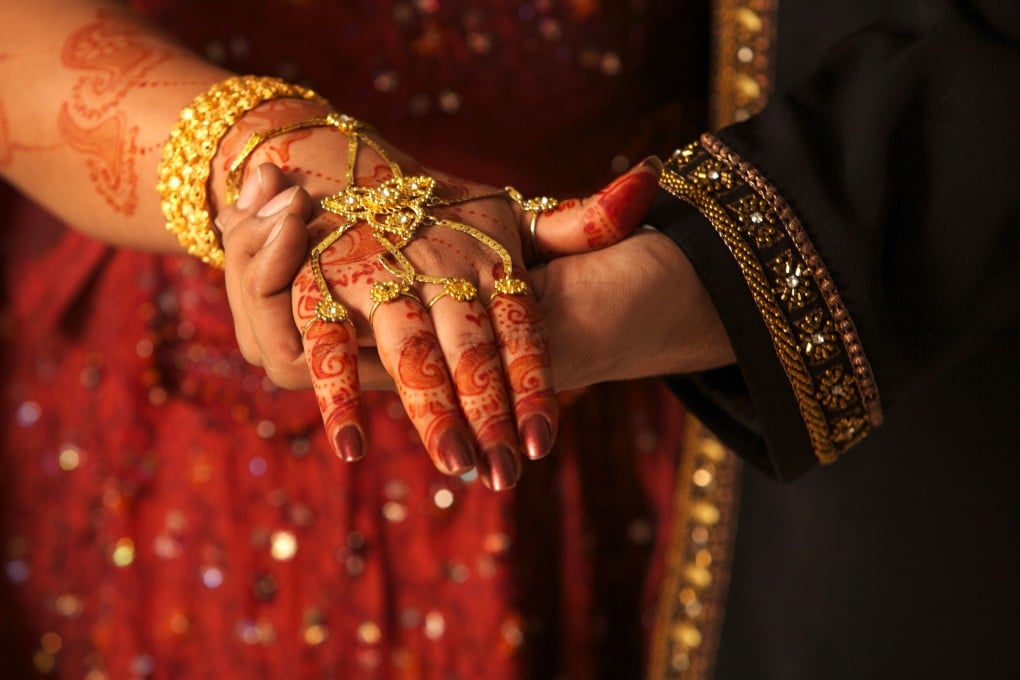In India, one-stop marriage shops help runaway couples tie the knot
- Newlyweds who elope to escape social pressures often rely on a chaotic network of service providers that includes lawyers, agents and priests
- Brokers were never short of customers due to India’s complex legalities and patriarchal culture, and now there’s pent-up demand caused by the Covid-19 pandemic

Rohit and Neha met while working in the same office in Noida, in the Indian state of Uttar Pradesh. They fell in love, but Neha’s parents did not approve due to the couple being members of the same clan, which meant they were regarded as almost siblings. When Rohit and Neha decided to marry, her family refused to grant permission.
So the couple – whose names have been changed to protect their privacy – married in a temple near their village last month and have been on the run since.
Like many of India’s runaway couples who elope to escape social pressures, Rohit and Neha turned to a chaotic, semi-legal network of service providers that includes lawyers, agents and priests. Whether fugitive lovers need legal certificates, wedding photographers, rented garments or a safe place to hide from angry relatives, everything is available from these “marriage shops” – for a price, of course.
“We had to flee because our families are opposed to our marriage,” said Neha, 28. “Even though we’re both adults, our relationship wasn’t acceptable to them because we belong to the same gotra (clan).
“We eloped to Meerut and got married through an agent who organised a lawyer and a priest for us for about US$250. We hope to have a better life together once the court provides us with the relevant papers.”